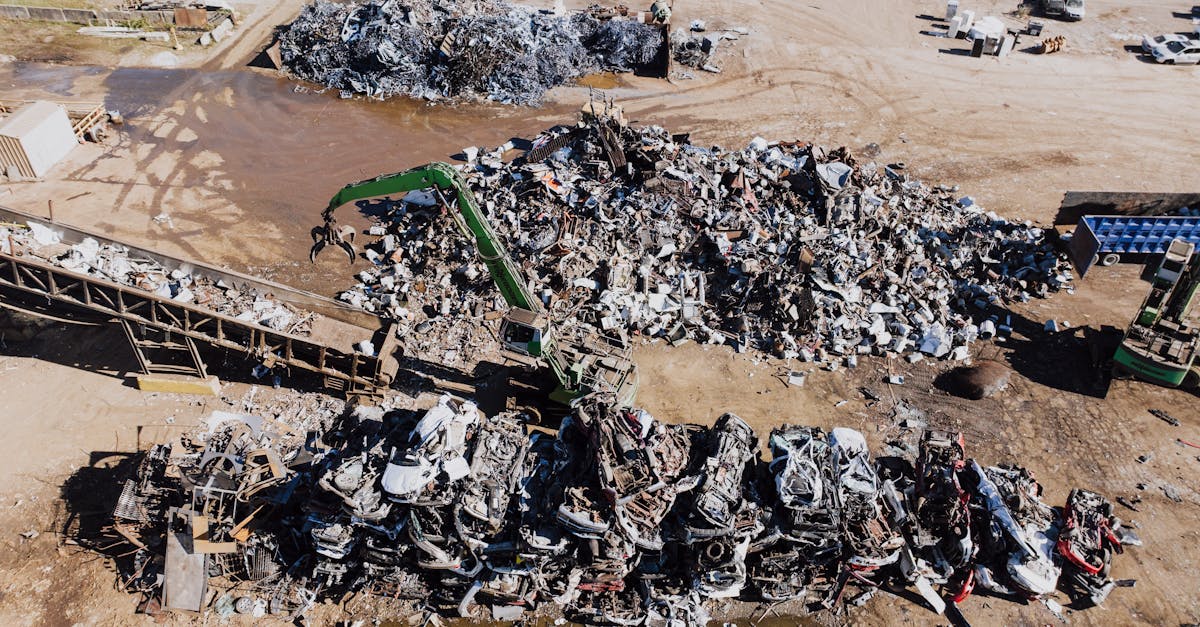Published on:
7 min read
Waste Not, Want Not: The Future of Sustainable Waste Management Practices
As our world grapples with the mounting challenge of waste, sustainable practices offer a beacon of hope. This post explores innovative waste management strategies that not only reduce environmental impact but also promote a circular economy.

Understanding Sustainable Waste Management
Sustainable waste management involves a series of practices aimed at minimizing the environmental impact of waste disposal and promoting recycling and reuse. Conventional methods such as landfilling contribute to environmental degradation, while sustainable practices focus on reducing waste generation in the first place. Techniques like source separation, composting, and recycling are increasingly adopted by communities and businesses alike. By educating individuals about proper waste management and advocating for policies that support eco-friendly practices, we can transition toward a more sustainable future. The benefits extend beyond environmental protection; they also encompass improved public health and economic savings.
Innovations in Waste Reduction Technology
Technology is playing a crucial role in shaping the future of sustainable waste management. Innovations such as smart bins equipped with sensors can track waste levels and optimize collection routes, reducing greenhouse gas emissions from garbage trucks. Additionally, the rise of Artificial Intelligence (AI) in recycling facilities can improve sorting efficiency, ensuring that more materials are recycled rather than sent to landfills. Organizations are also leveraging blockchain technology to promote transparency in waste management processes. As these technologies evolve, they have the potential to revolutionize how we deal with waste, reducing our carbon footprint and enhancing recycling rates.
Community Initiatives and Their Impact
Grassroots community initiatives are vital for promoting sustainable waste management practices. Local programs encouraging composting and recycling create awareness and empower residents to take action. Examples include community gardens that transform organic waste into nutritious soil, and local swap events that encourage resource sharing. Through education and collaboration, these initiatives help forge stronger community ties while reducing waste. Furthermore, engaging local businesses in sustainability efforts can drive broader economic change, motivating others to adopt eco-friendly practices. When communities come together and demonstrate a commitment to waste reduction, they can inspire similar changes at the national level.
Conclusion: A Call to Action
The future of waste management lies in our collective ability to embrace sustainable practices. By understanding waste reduction, leveraging innovative technologies, and fostering community engagement, we can create a greener planet. It's not just a responsibility; it's an opportunity for improvement at every level—from individual households to large corporations. Let’s take action now, and remember: waste not, want not!
Published on .
Share now!










